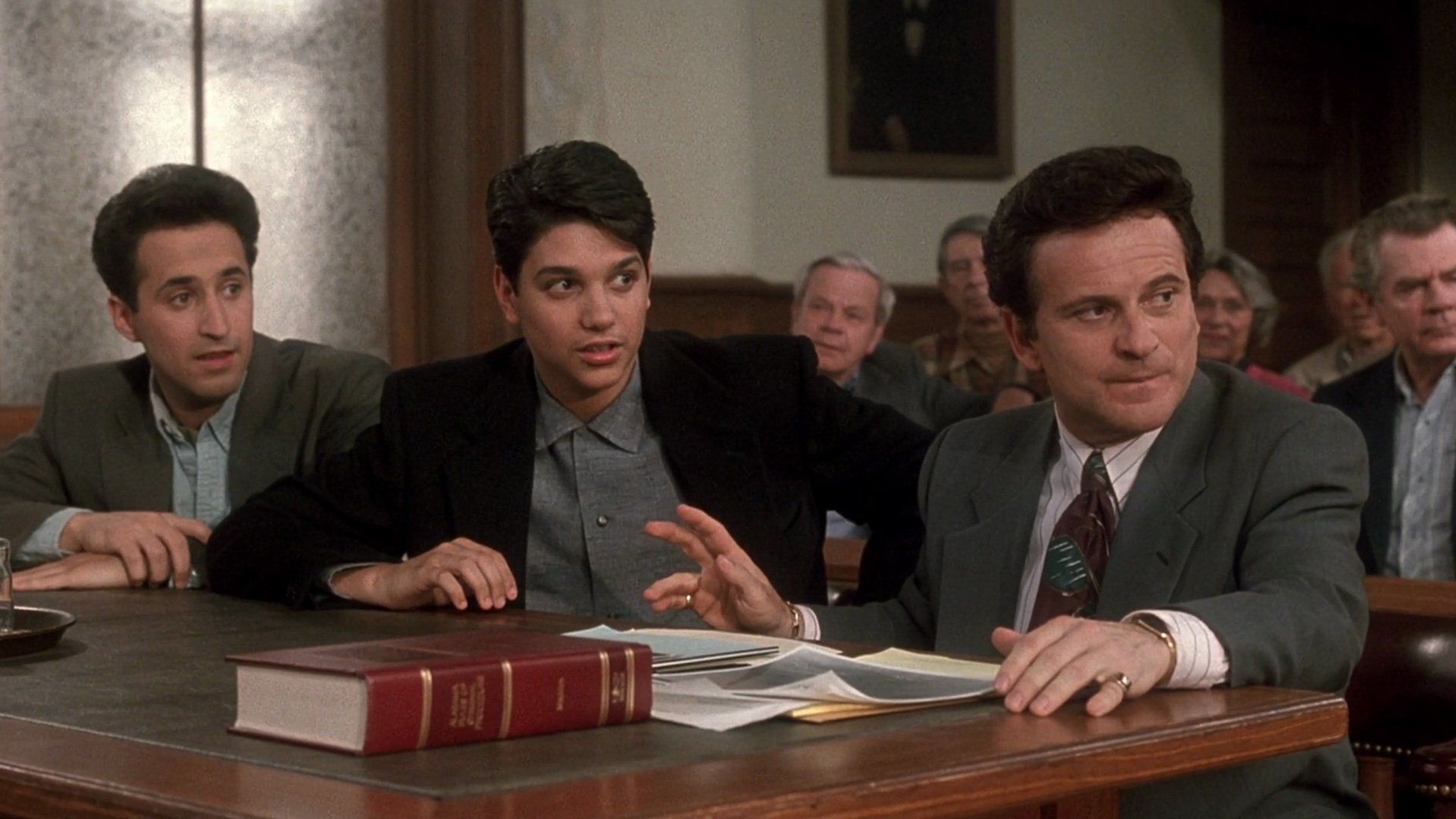
Earlier this week, I went to the St. Louis county courthouse to serve jury duty for the first time in 14 years. In 2009, I wrote about being one of the few who would actually like to serve on a jury and why I would probably never be chosen. Still, I planned ahead, packed a lunch and a book, and headed for the Jury Assembly Room.
After being checked in by court staff, I was seated around 8:30am amid several hundred others who looked like they’d rather be anywhere else. At 9:00am, the Honorable Ellen Ribaudo stepped to the microphone to explain a few rules and thank us for doing our civic duty as part of the judicial system. She explained we were required to be there for two days, and if assigned to a case would probably not be needed much longer.
One point she was adamant about was keeping our juror badges on, especially if we went out to lunch, because they serve as a “lawyer deterrent.” No lawyer wants to be caught discussing cases in front of potential jurors. Next, the judge apologized for the low pay we’d receive for being there ($10/day, $.07 cents/mile) and responded to the groans in the room by saying those rates were set by the legislature, not the courts.
Fifteen minutes after the judge left, a bailiff entered and began calling names. Those chosen would follow him to a courtroom and possibly be seated on a jury. I could hear sphincters throughout the room tighten, but not mine because: a) I’ve always been curious about the legal process and would like to experience it from the vantage point of a juror; and b) I’m retired and have lots of free time, so it wouldn’t be a great imposition on my life to serve. Besides, I’ve seen a lot of courtroom dramas in movies and TV shows and could randomly quote from many of them should the need arise.
As I watched the selected forty gather their belongings and walk to the front of the room, I couldn’t help judging them, wondering how attorneys would view them during voir dire. Those three women look normal, but this one’s an idiot. The guy in sweatpants is not committed to the role. The tall one is unlikely to be chosen because he has a scruffy beard and wild hair (years ago, I’d heard this bias from listeners who were lawyers). She wants to speak to the manager. This moron would vote for the death penalty for someone who didn’t accelerate quickly enough when the light turned green.
Once they were led away, the guy sitting in front of me started griping out loud about having to spend the whole day there for no reason. He was one of many who clearly hadn’t planned ahead for what might be an 8+ hour day. He had nothing to read, no ear buds or anything else. I think he intended to kill a few hours just bitching to his seat neighbor. This guy would be the Jack Warden character in “Twelve Angry Men” who doesn’t care at all about the outcome of the case as long as it ends quickly so he can go anywhere else.
At 9:55am, another bailiff entered and started calling 40 more names — including mine. Okay, here we go! Things were looking up.
I joined the chosen ones on benches in the hallway, where some people started sharing their previous juror pool experiences. An older woman claimed she’d been called four times in thirty years and served on one jury. Another woman replied this was her first time since moving to St. Louis last year. A grouchy guy (there was no shortage of those) piped up to complain he’d been called three times in ten years, so “it’s obviously not a random process.” I stayed silent and wondered what he thought “random” means.
Looking around, I noticed there were only three people of color in my group. Considering how much blatant racism has risen to the surface of our society again in recent years — particularly since the Black Lives Matter protests after the Michael Brown shooting — I hoped we would not be assigned a criminal case against a Black man. I bet Mr. Random wouldn’t understand the definition of prevalent prejudice, either.
After a short while, the bailiff reappeared to instruct us which elevators to use to get up to our courtroom. As the crowd started moving, a woman next to me asked, “Where are we supposed to go?” I glanced at the three dozen other people all walking in the same direction and said, “Follow them.” Oish!
Sadly, that’s as much of this story as I can tell you, because the judge told us not to divulge the rest of the process. But I will reveal that, from what I saw and heard, Colonel Jessep definitely ordered the Code Red.
